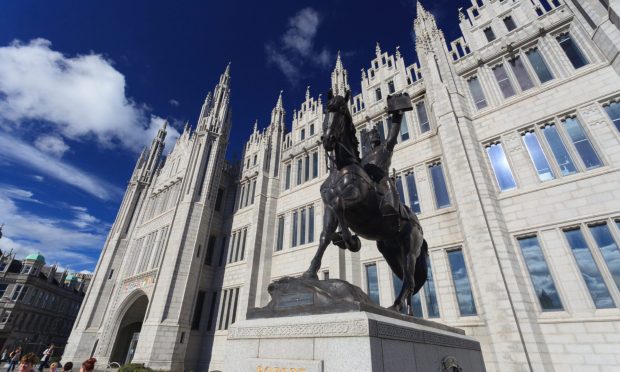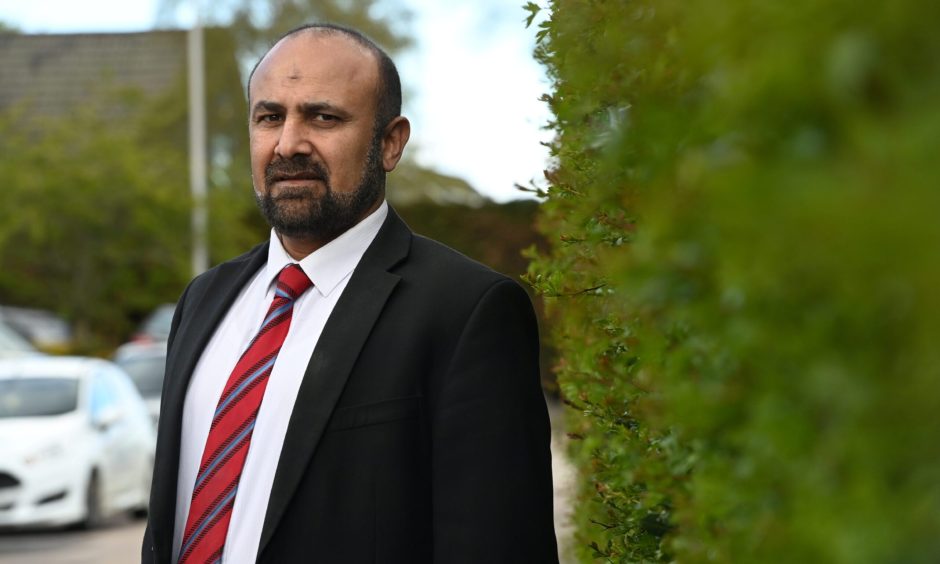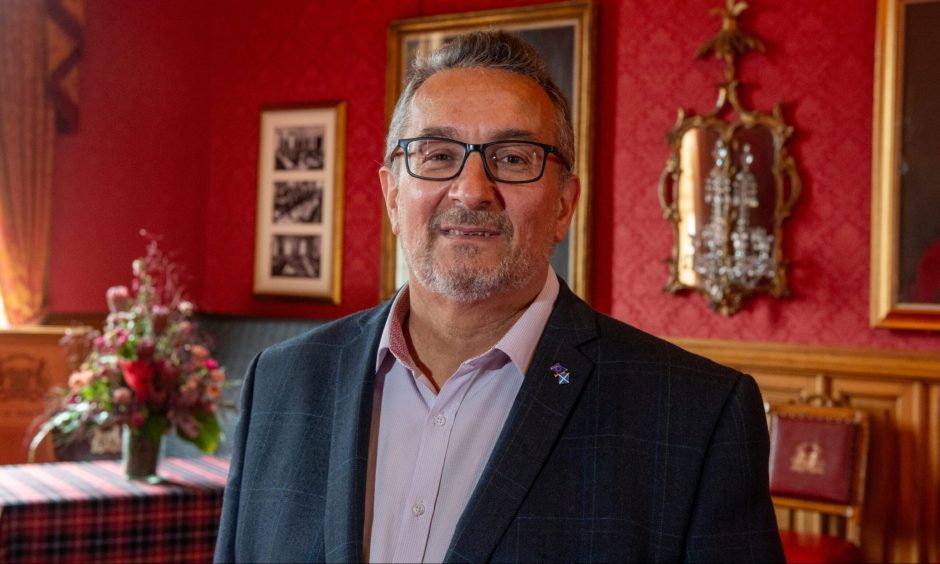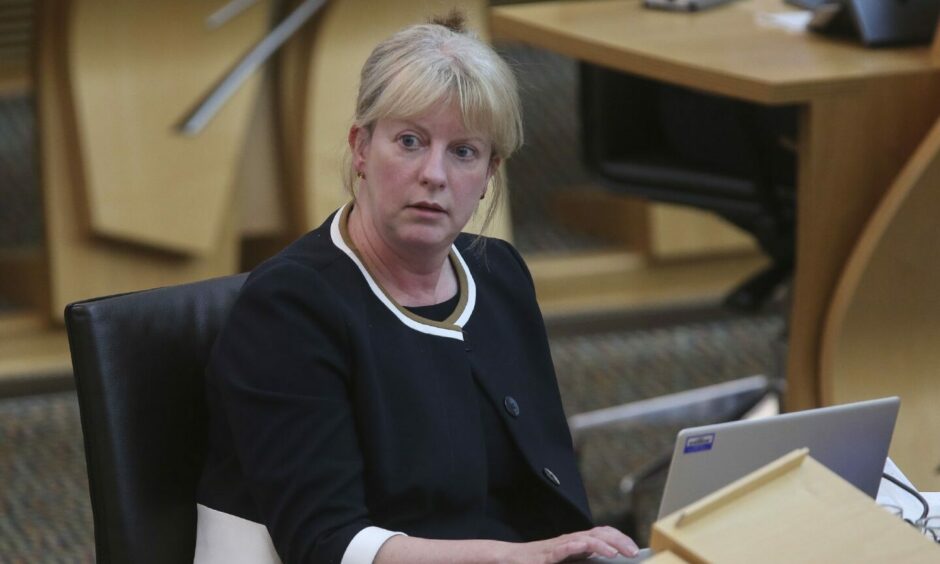Aberdeen is being “let down” by the government and will face a £5 million black hole without more cash to fund the council tax freeze, according to a stark warning after Tuesday’s Holyrood budget.
SNP finance secretary Shona Robison said she will spend just over £140 million to fund her party’s council tax freeze and help local authorities across Scotland.
The spending pledge aims to cover increases of up to 5% on average council tax bills.
But Aberdeen’s Labour group leader, Tauqeer Mallik, said it will not cover a proposed 8% rise which would bring in more than £11 million.
He claimed funds from the SNP would only bring in around £5 million, which could mean substantial cuts to public services to balance the books.
Mr Mallik said: “Aberdeen is being let down by the SNP.
“A 5% increase in our grant will not fully fund the council tax promised by the first minister in his SNP leaders’ speech in Aberdeen.
“Once again, the SNP say one thing in public then do exactly the opposite when presented when it comes to budget time.”
Christian Allard claims budget a challenge
Aberdeen’s council administration, led by the SNP in partnership with the Lib Dems, has backed Humza Yousaf’s controversial freeze unveiled in October.
Local authority SNP co-leader Christian Allard said the move was necessary to support struggling families in the city during the cost-of-living crisis.
But he admitted it will be a “challenge” for all councils across Scotland to stave off cuts and keep funding vital public services.
Mr Allard also pointed out council bosses made the decision to increase rent for council homes by 4.7% last week as a consequence of inflation.
In July, it was warned grass could go uncut, pupils could be taught in larger classes, and potholes will only be fixed under certain criteria if cuts continue in years to come.
Plans to close six libraries in the city along with Bucksburn swimming pool proved particularly controversial.
Mr Yousaf’s announcement in October sparked anger among senior councillors who warned they would need substantial support.
Economists at the Fraser of Allander Institute said the government needs to spend £300 million to fund the tax freeze in full, much more than Ms Robison committed.
Highlands and islands councillors react
Orkney’s council leader told how his administration would have raised taxes by 10% if permitted to do so.
Independent councillor James Stockan warned the island local authority was in an “incredibly fragile” position and said the situation has “never been so bleak and black”.
Following Ms Robison’s budget, Mr Stockan said a 5% funding boost would be nowhere near enough to cover what is needed.
But he hopes the government will agree over the next 24 hours to plug major gaps via a separate fund dedicated to supporting islands.
The budget does very little to help the council manage its way through the financial crisis.
– Inverness councillor Alasdair Christie.
It comes as Cosla, Scotland’s national body for councils, prepares to hold crunch talks with council leaders on Thursday.
A spokesperson said: “Cosla officers are currently working through the detail of the figures, in order that a briefing can be prepared for leaders, who will give it full consideration on Thursday morning at a special meeting.”
Shetland council chief Emma MacDonald said the local authority will need to see more information about the impact of the funding.
Aberdeenshire Council leader Gillian Owen said: “In light of the council tax freeze, my primary concern is the viability of local services for communities and as usual the devil will be in the detail.
“It will take time to scrutinise and understand the detail of what has been set out today.”
Last week, Highland Council also warned it faced “difficult decisions” to close a huge funding gap of £62 million.
Inverness Lib Dem Councillor Alasdair Christie said: “The budget does very little to help the council manage its way through the financial crisis that we are presently in.”
During her budget, Ms Robison also unveiled plans to introduce a new income tax band which will target higher earners.
The bracket will apply to those earning below £75,000 and £125,000, just below the highest threshold.
Taxpayers affected by the increase will now pay 45p for every pound above the threshold, a 3p rise compared to what they previously paid.
People earning more than £125,000 will be taxed at 48p in the pound, a 1% rise from last year’s budget.
Ms Robison said the tax rises and wider cuts to public services were necessary due to decisions made by UK Chancellor Jeremy Hunt in his autumn statement.





Conversation